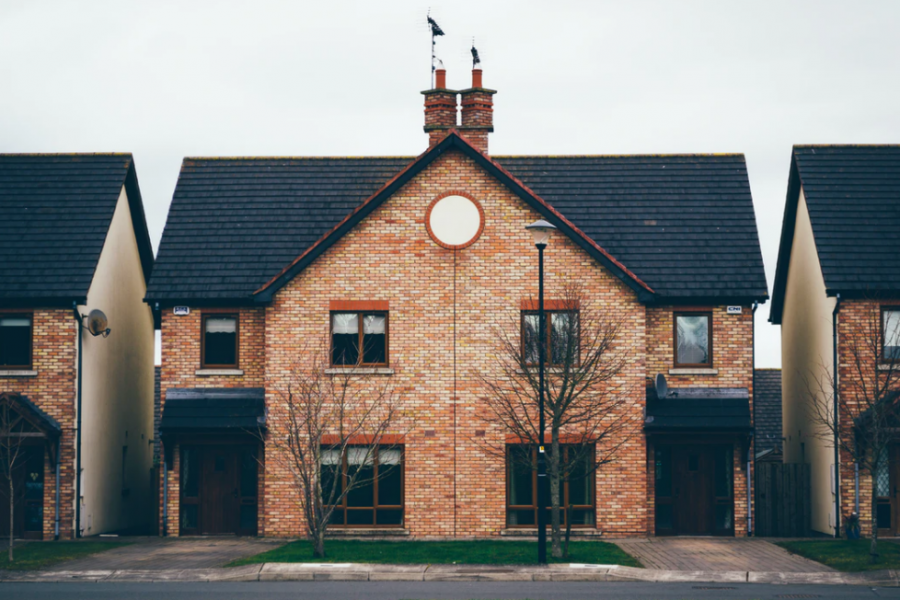If you’ve been noticing small problems in and around your home, it may be time to call a contractor. While most damage can be easily repaired, some may point to more serious, underlying problems such as structural damage. These are some of the signs of structural damage that you should watch out for.

Gaps Around Windows or Doors
One of the earliest signs of structural damage may come from your windows and doors. While this isn’t always the case, walls supporting doors and windows are not as structurally sound as other parts of the house. Some signs to look for around your windows and doors include doors with uneven gaps around the edges, doors and windows that stick when being opened or closed, locks that don’t work properly, doors that won’t stay shut, doors or windows that are separating from the wall.
Floor Problems
If your house has structural damage, you’ll likely see signs of wear and tear in your floor. While not all flooring issues are related to structural damage, you should keep an eye out for sagging floors, cracks in the flooring, and sloped floors.
Roof Damage
If your roof is old, some damage is to be expected. However, if your roof is fairly new, you shouldn’t have any problems with it. If there is damage to your roof structure, it can cause an otherwise healthy roof to leak, sag, or have uneven roof lines. This is why it’s important to get routine roof maintenance. Some things that can cause structural damage to the roof include termites, storms, improper removal of load-bearing walls, improper timber frame size for the house, and movement in the house’s framing timbers.
Cracks in the Wall
If you notice wall cracking in your home, it’s important to call a contractor immediately. While a small crack is usually not a big deal, if left untreated, that small crack can turn into a big problem. Oftentimes, cracks in the wall can indicate shifts in the house’s foundation. Likewise, cracks in the chimney could point to more serious structural damage.
If you see wall cracking, sagging floors, or damaged ceilings in your home, don’t panic. Instead, call a specialist to check out the situation because you may have structural damage. It’s best to catch it early on before the problem gets out-of-hand, becoming more difficult and more expensive to fix.